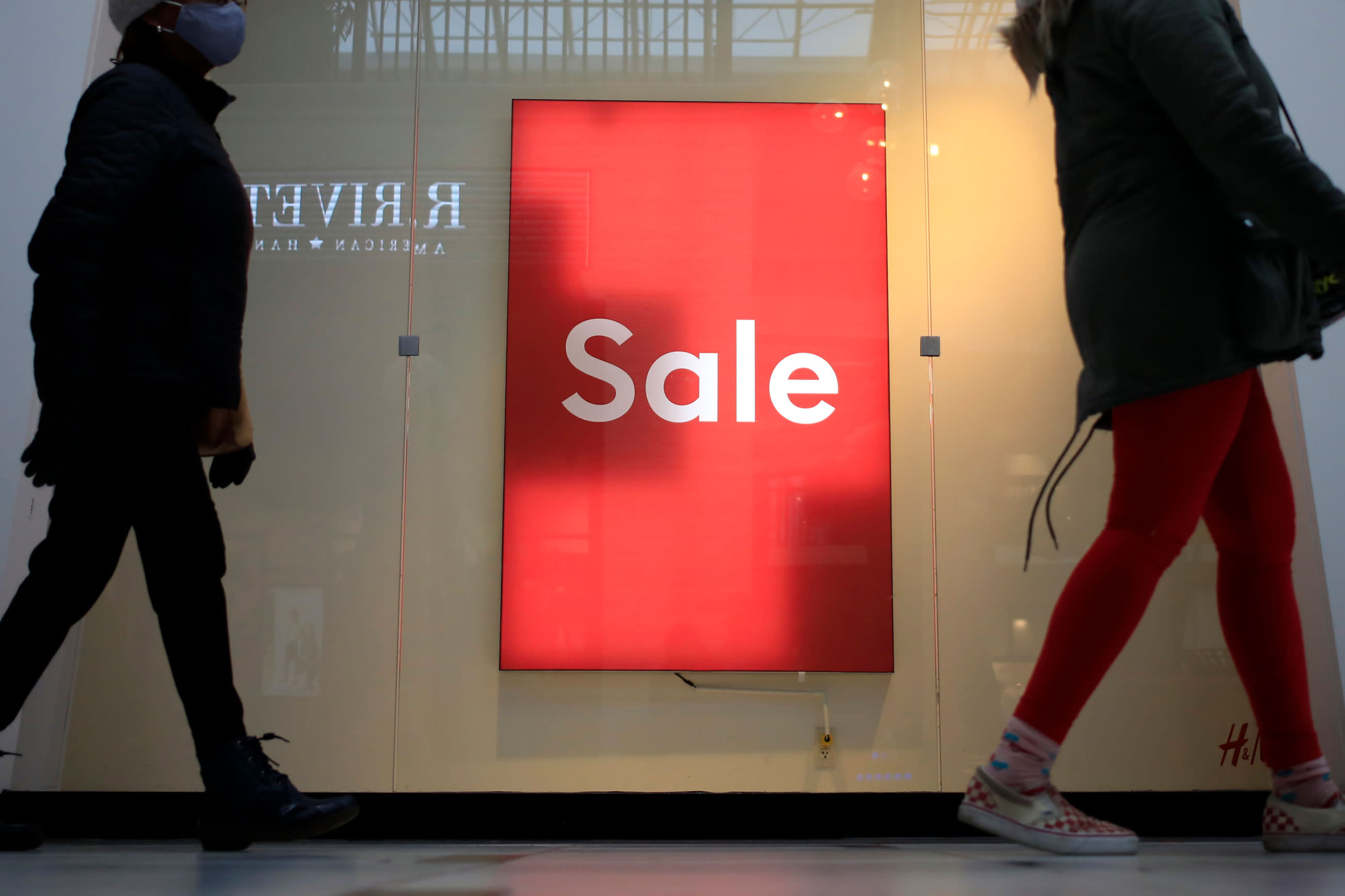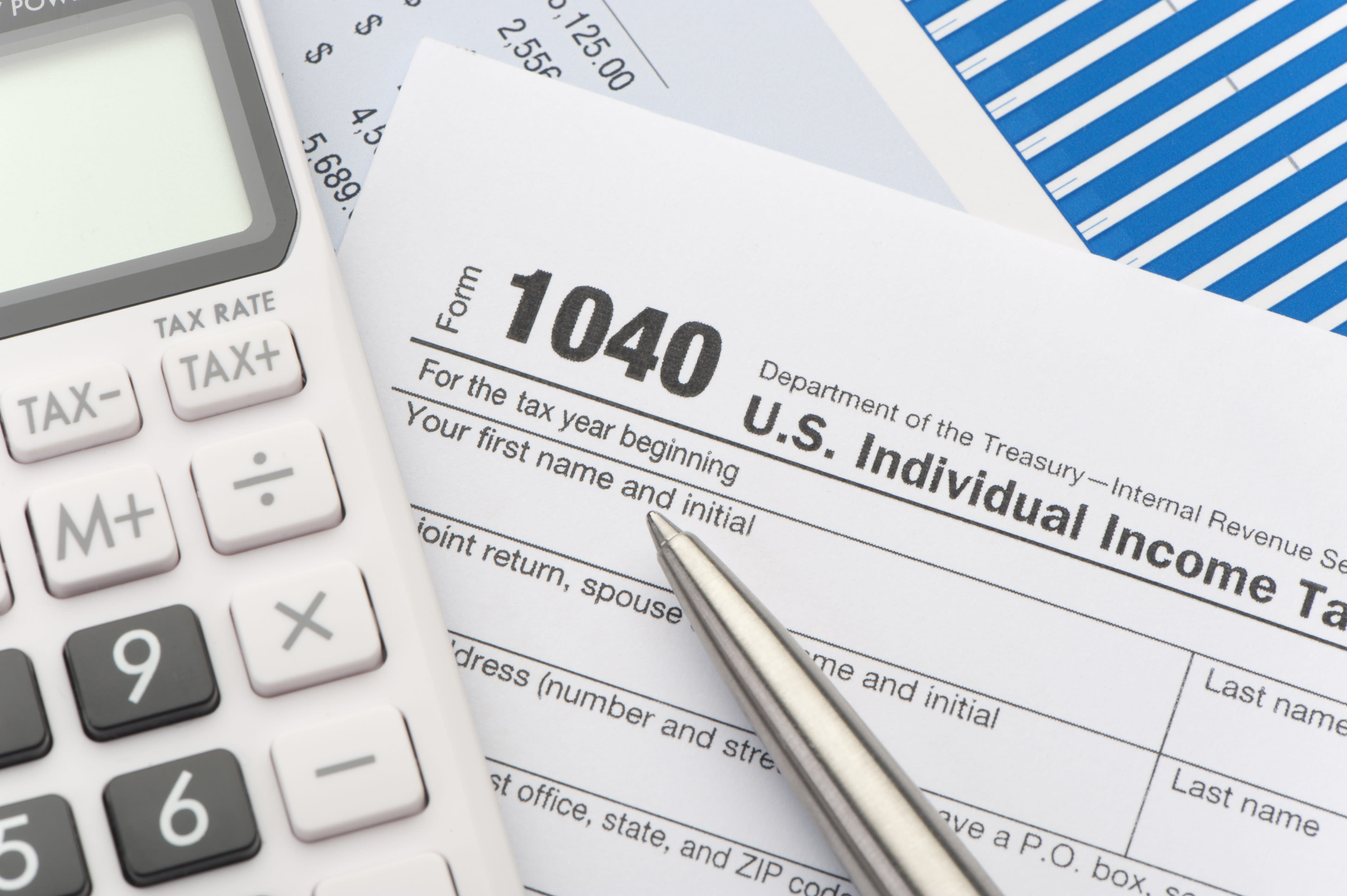What the Data Shows
A number of jurisdictions have opted to lift some COVID-19 restrictions, but infections and deaths are still announced every day in D.C., Maryland and Virginia.
D.C. announced on Sunday 79 more cases of the virus and the death of one person, a 77-year-old man. The seven-day rolling average of new cases was up slightly.
Maryland announced 860 more cases of the virus and the deaths of 10 people. The case average there was up too.
Virginia announced 758 more cases of COVID-19 and the deaths of 29 more people. The case average was up there as well.
Local Coronavirus Headlines
Monday will be a big day for many Montgomery County Public Schools families; students in kindergarten through third grade will return to in-person learning. Students in alternative programs and within special populations, among other groups, also will return.
Masks, physical distancing and frequent hand washing will be required.
Local Headlines
- Eligible Marylanders who want a COVID-19 vaccine can now preregister for a shot at a mass vaccination site using a new statewide system.
- The News4 I-Team has been tracking the data and found despite older and medically vulnerable residents being eligible for vaccines for several weeks, 39.9% of the doses administered in the District have still gone to people who don't live there.
- AMC Theaters in Prince George's will open on March 19, in accordance with Gov. Hogan’s capacity rules. Montgomery County theaters have yet to announce a reopening date as they await local guidelines.
- Amid concerns that Maryland isn't distributing vaccines equitably, Gov. Larry Hogan and Prince George’s County Executive Angela Alsobrooks announced that more shots will be set aside at a mass vaccination site for county residents.
- D.C. launched a new vaccine pre-registration system. Here are your questions about it, answered.
- Maryland lifted capacity restrictions on restaurants, bars, religious facilities and gyms on March 12, but several safety precautions will remain in place, the governor announced. Montgomery and Prince George's counties each announced their own rules.
- Other than supply, equity continues to be one of the biggest issues plaguing the rollout of the COVID-19 vaccine in Maryland.
- A story to make you smile: A Maryland EMT reunited with his grandmother after a year by giving her the COVID-19 vaccine.
- The District’s high-capacity COVID-19 vaccination clinics received rave reviews from many residents who showed up for their one-shot dose of the Johnson & Johnson vaccine.
- A year after Maryland Gov. Larry Hogan declared a state of emergency following the state’s first three confirmed cases of COVID-19, one of those patients says she's still traumatized by social media reaction to her diagnosis.
- In the next few weeks, many more Virginians will be heading to pharmacies for their shots. But there's still one problem — not all the pharmacies can coordinate with the state's vaccine waiting list.
- D.C. Mayor Muriel Bowser lost her only sister and oldest sibling to COVID-19.
- More than 1,000 Washington, D.C., residents have now died of COVID-19.
- NBC News is making finding information on when, how and where to obtain your coronavirus vaccination easier with its Plan Your Vaccine website.
- Medical schools across the country report a spike in applications, especially from students of color. At Georgetown University’s medical school, applications are up 24% overall and 40% from underrepresented minorities. The University of Maryland along with Howard University have also seen a rising number of applicants.
Key Charts and Graphs
The vaccinated population in D.C. may be overestimated in this map because some non-residents who work in D.C. are included in the totals.
Vaccination Portals by County
As vaccinations in our region ramp up, here's a look at local portals residents can use to sign up for vaccination appointments or sign up to receive alerts.
- Washington, D.C. signups– vaccinate.dc.gov
- Maryland signups – www.marylandvax.org/ and covidvax.maryland.gov
- Virginia information – www.vdh.virginia.gov/covid-19-vaccine/
- Montgomery County – www.montgomerycountymd.gov/covid19/vaccine/
- Prince George's County – www.princegeorgescountymd.gov/3730/COVID-19-Vaccination
- Howard County – www.howardcountymd.gov/Departments/Health/MM-Alerts-and-Recalls/COVID-19-Vaccine
- Anne Arundel County – aahealth.org/covid-19-vaccine-faq/
- Fairfax County – www.fairfaxcounty.gov/health/novel-coronavirus/vaccine
- City of Alexandria – www.alexandriava.gov/health/info/default.aspx?id=119270
- Loudoun County – www.loudoun.gov/covid19vaccine
- Prince William County – coronavirus.pwcgov.org/vaccine-information/ & VDH
How to Stay Safe
Anyone can get COVID-19. Here are three simple ways the CDC says you can lower your risk:
- Wear a snug-fitting mask that covers your nose and mouth.
- Avoid being indoors with people who are not members of your household. The more people you are in contact with, the more likely you are to be exposed to COVID-19. If you are indoors with people you don’t live with, stay at least six feet apart and keep your mask on.
- Wash your hands often, especially after you have been in a public place.




